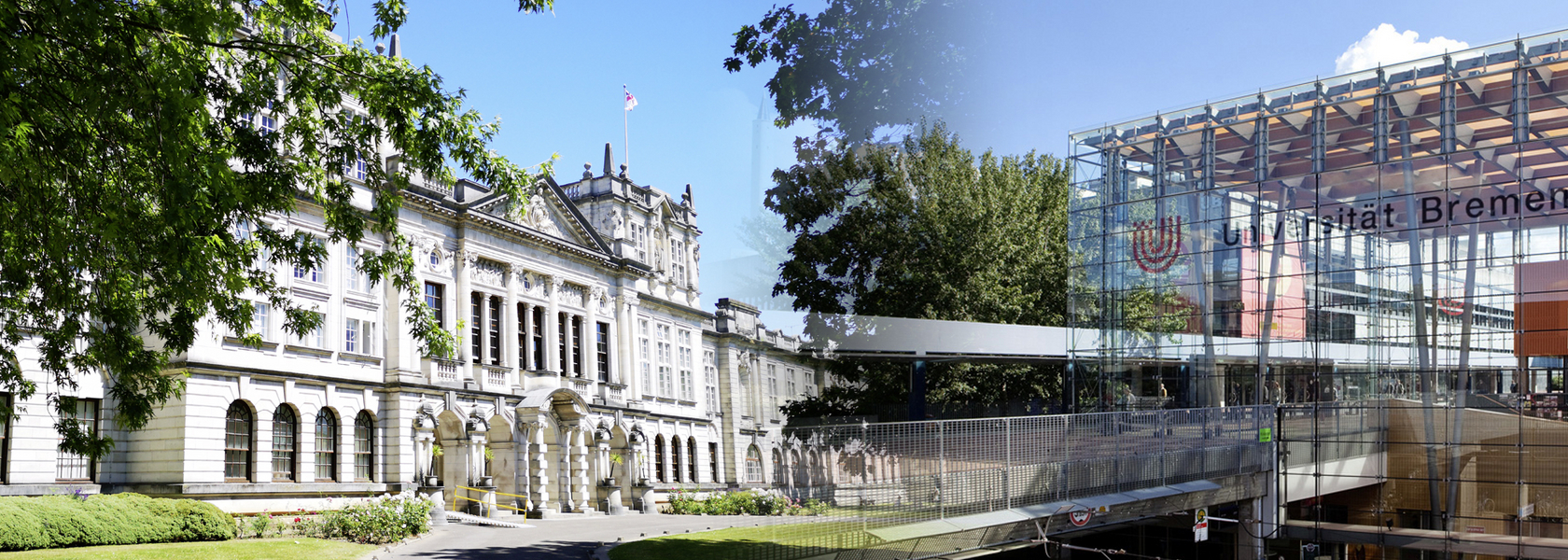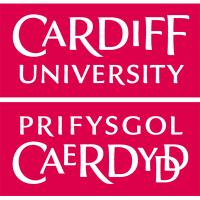Global Ecology and Conservation (MSc)
With a changing climate, an increasing human population, and growing rates of extinction and habitat loss, the world is facing unprecedented challenges. To meet these challenges and preserve our wildlife and ecosystems, we need innovative and adaptable scientists who can develop conservation strategies with real impact.
Our MSc in Global Ecology and Conservation aims to train the ecologists and conservationists of the future. Covering the complete span from ecological theory and pioneering research, through to practical site assessments and conservation interventions, we will equip you with the skills and knowledge required to tackle major global challenges and make a ‘real world’ difference.
From the rivers of South Wales to the Bornean rainforest, our MSc covers the major conservation issues affecting habitats across the globe. With training in core areas, such as wildlife surveys, biodiversity assessments and species management, you will learn how to identify current and emerging threats to species and ecosystems, and develop the necessary skills to tackle these threats with effective and scalable solutions.
These core topics are combined with a free choice of optional modules, including Science Communication, Water and Life on Earth, and Frontiers in Biosciences, and wide-ranging options for the research project and many coursework topics, giving you the freedom to tailor your studies to your interests and career aspirations. Several of our core modules include a fieldwork element, whilst our optional Field Research and Placement module comprises an extended field course in the UK or overseas, along with a professional work placement.
The course is delivered by leading academics who work across the world conducting cutting-edge research and addressing key global challenges – from pioneering climate change research, to developing action plans to preserve native species. As well as offering you the excitement of learning in an active research environment, this approach will also demonstrate how your work can be translated into practical conservation measures.
We know that ecology and conservation are constantly evolving, and, in response, we have developed an MSc that is explicitly forward-looking, covering new technology and ‘horizon scanning’ for future conservation issues. With a flexible and interdisciplinary approach, we aim to train postgraduates who can take on roles in research, practice, policy, consultancy and more, and who have the skills, confidence and knowledge base to adapt to a global job market and changing environment.
Intakes
- Sep
Application Processing Time in Days: 30
Minimum English Language Requirements
| English Level Description | IELTS (1.0 -9.0) | TOEFL IBT (0-120) | TOEFL CBT (0-300) | PTE (10-90) | |
|---|---|---|---|---|---|
| Expert | 9 | 120 | 297-300 | 86-90 | |
| Very Good | 8.5 | 115-119 | 280-293 | 83-86 | |
| Very Good | 8 | 110-114 | 270-280 | 79-83 | |
| Good | 7.5 | 102-109 | 253-267 | 73-79 | |
| Good | 7 | 94-101 | 240-253 | 65-73 | |
| Competent | 6.5 | 79-93 | 213-233 | 58-65 | |
| Competent | 6 | 60-78 | 170-210 | 50-58 | |
| Modest | 5.5 | 46-59 | 133-210 | 43-50 | |
| Modest | 5 | 35-45 | 107-133 | 36-43 | |
| Limited | 4 | 32-34 | 97-103 | 30-36 | |
| Extremely Limited | < 4 | < 31 | < 93 | < 30 |
Job Opportunity Potential
Our courses prepare you for a professional career in a wide range of industries, business and the financial sector, or further study.
Engineers are in high demand, and thanks to our wide range of degree programmes, our graduates’ prospects are among the best in the UK.
On average,
over 95%
of our graduates are
in employment or further study
six months after graduating.
Our graduates go on to work in a range of areas, including industry, the public sector, the financial sector or academia. Some graduate destinations include:
Supplementing your studies
We offer students the option of taking a Year in Industry after their second year of study, which is spent in a professional workplace gaining hands-on experience. This experience can simultaneously improve students’ confidence and employment prospects.
Our MEng (Hons) programmes also have the option of a Year in Europe, which is a year spent at an institution in France, Germany or Spain, after the third year of study. This is a chance not only for students to broaden their personal horizons, but also to develop further academic skills.
Links with industry
Students who are not on the Year in Industry scheme still benefit from industrial input in modules across all engineering disciplines. School-wide project modules are supported by industrial collaboration with a number of companies, including Flintec, Ove Arup and Partners International, Atkins, GL Garrard Hassan, BAE Systems, EADS, and Babcock Marine.
In the waste management, recycling, and energy fields there is significant input from research contracts with companies such as Rolls Royce, EoN, Tata Steel, and Stork Technical Services. Inputs are also received from companies such as Tidal Energy Ltd (TEL), Marine Current Turbines (part of Siemens), Bosch, ANSYS and Mabey Bridge.
In environmental and water engineering, presentations are given by industrially sponsored lecturers from CH2MHILL and Lusas. Direct industrial input also comes from companies including Newport Galvanisers (a subsidiary of Wedge Galvanisers), GBCard and Partners, Jacobs Engineering, Capita Symonds, and Mott-MacDonald.
Extra-curricular opportunities
In today's competitive graduate job market, we recognise that students are always looking for ways to make them stand out to prospective employers. Each year, our students have the opportunity to get involved with some really exciting projects.
Aside from this, there are many extra-curricular opportunities, both social and serious, organised through the School, the University or the Students’ Union.
PSW Opportunity
- 2 Years PSW
Admission Requirement / Eligibility Criteria
Postgraduate taught courses
You will need successful completion of a relevant bachelor's degree from a recognised institution, with grades of approximately 55%-60% to qualify for our postgraduate courses.
Postgraduate research courses
If you are applying for research courses from India, you will be required to provide evidence that you have already carried out research, usually via the successful completion of a relevant master's degree.
You will need successful completion of a relevant bachelor's degree from a recognised institution, with a grade of approximately 55% - 60%. Some Schools will also require the successful completion of a relevant master's programme from a recognised institution.
Qualification accepted
Equivalent to IELTS 6.5
(with a minimum of 5.5 in each subskill)
Equivalent to IELTS 7.0 overall (with a minimum of 6.0 in each subskill)
Equivalent to IELTS 7.5 overall (with a minimum of 7.5 in each subskill)
IELTS (Academic) test from a recognised IELTS test centre
At least 6.5 overall with a minimum of 5.5 in each subskill
At least 7.0 overall with at least 6.0 in each subskill
At least 7.5 overall with at least 7.5 in each subskill
PTE Academic (Pearson Test of English Academic)
At least 62 overall with a minimum of 51 in all communicative skills
At least 70 overall with no less than 54 in all communicative skills
At least 78 overall with no less than 78 in all communicative skills
TOEFL iBT including Home Edition
At least 90 overall with minimum scores of 17 for writing, 17 for listening, 18 for reading, and 20 for speaking
At least 100 overall with a minimum of 20 in each subskill
At least 109 overall with a minimum of 26 in speaking and 24 in all other subskills
- Course Type: Full Time
- Course Level: Masters/PG Degree
- Duration: 01 Year
-
Total Tuition Fee:
21950 GBP
Annual Cost of Living: 9207 GBP
Application Fee: N/A
Similar Programs
- Visual Computing MPhil at Cardiff University
- Vision Sciences MPhil at Cardiff University
- Theoretical and Computational Chemistry MPhil at Cardiff University
- Solid State Materials MPhil at Cardiff University
- Social computing MPhil at Cardiff University
- Quantum technologies and engineering MPhil at Cardiff University

